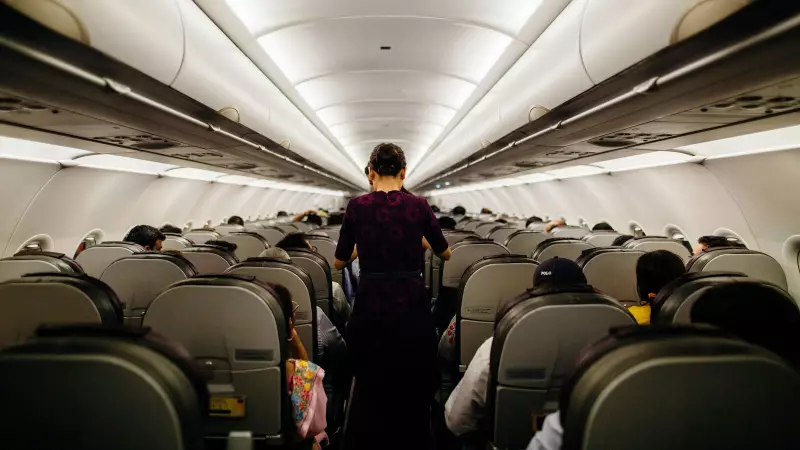
In a significant move that promises to transform working conditions for flight attendants across India, the Directorate General of Civil Aviation (DGCA) has unveiled comprehensive new rest regulations for cabin crew members. These changes come as a response to growing concerns about crew fatigue and its impact on flight safety.
What's Changing for India's Cabin Crew?
The revised regulations introduce several critical improvements to how airlines must manage their cabin crew's work schedules and rest periods. The updated framework addresses long-standing issues that have plagued the aviation industry, particularly during demanding flight operations and irregular schedules.
Key Highlights of the New DGCA Regulations
- Enhanced Rest Periods: Cabin crew will now receive more substantial rest breaks between flights, ensuring they're adequately refreshed for their duties
- Strict Duty Limitations: The rules clearly define maximum duty hours, preventing excessive work schedules that could compromise alertness
- Improved Night Flight Provisions: Special considerations for overnight operations account for the additional fatigue factors during night duties
- Better Fatigue Management: Airlines must implement comprehensive fatigue risk management systems to proactively address crew exhaustion
Why These Changes Matter for Passenger Safety
The connection between well-rested cabin crew and flight safety cannot be overstated. Fatigue among flight attendants can significantly impact their ability to respond effectively during emergencies, manage passenger safety, and perform critical safety demonstrations and procedures.
These regulatory changes bring India's aviation standards closer to global best practices, ensuring that cabin crew members operate at their optimal performance levels. The move demonstrates DGCA's commitment to modernizing India's aviation infrastructure while prioritizing both crew welfare and passenger safety.
Implementation Timeline and Airline Compliance
Indian airlines are now required to adapt their scheduling systems and crew management protocols to comply with these new standards. The transition period will allow carriers to adjust their operations while maintaining service efficiency.
This regulatory update represents a crucial step forward in creating a safer, more sustainable working environment for India's aviation professionals while enhancing the overall safety standards of the country's rapidly growing aviation sector.





